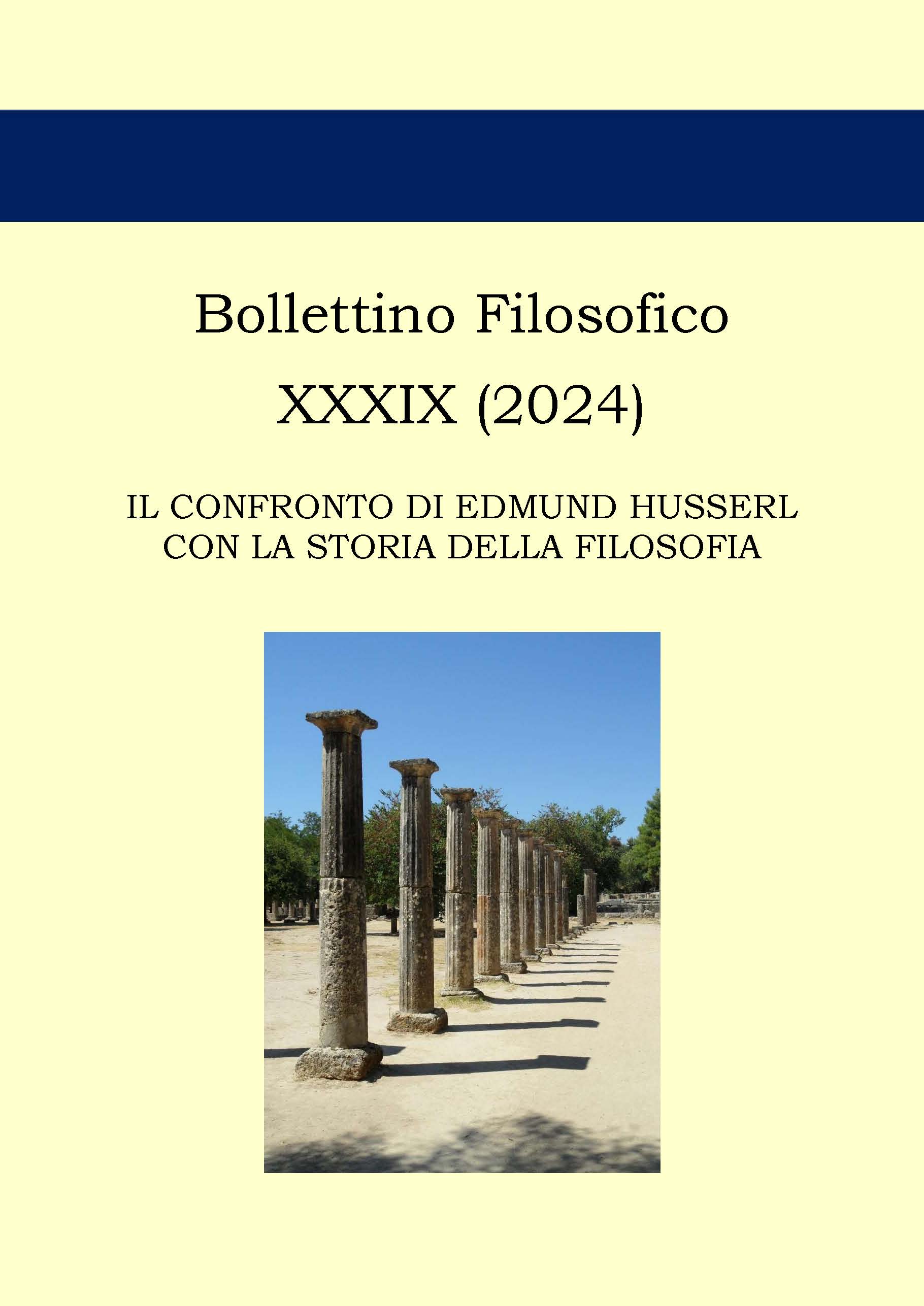Husserl e l’empiriocriticismo. L’interrelazione tra io, corpo e mondo nella costituzione dell’esperienza
Abstract
The contribution investigates the influence of Avenarius and Mach’s empiriocriticism on Husserl’s phenomenology. Despite his critical reservations, Husserl acknowledges the role of both in anticipating his phenomenological method and appreciates their critique of materialistic metaphysics and the prevailing physicalism in psychology. Phenomenology and empiriocriticism share the goal of a science of conscious experience, free from reductionism and capable of preserving the specificity of its object. Husserl adopts Mach’s analyses of the living body and spatial sensations, developing a phenomenology of kinesthesia in which transcendental consciousness, body, and world are fully integrated. This approach influences his theory of constitution, aimed at overcoming Cartesian dualism and adequately accounting for the subject’s rootedness in the world.
Keywords: Empiriocriticism, Lived Body, Natural World, Phenomenology, Transcendental Consciousness
Downloads
Copyright (c) 2024 Edoardo Fugali

This work is licensed under a Creative Commons Attribution 4.0 International License.
Bollettino Filosofico pubblica in internet, ad accesso aperto, con licenza:
|
|
CCPL Creative Commons Attribution |
L'autore conserva il copyright sul suo contributo, consentendo tuttavia a chiunque "di riprodurre, distribuire, comunicare al pubblico, esporre in pubblico, rappresentare, eseguire e recitare l'opera", purché siano correttamente citati l'autore e il titolo della rivista. L’autore, al momento della proposta di pubblicazione, è inoltre tenuto a dichiarare che il contenuto e l’organizzazione dell’opera è originale e non compromette in alcun modo i diritti di terzi, né gli obblighi connessi alla salvaguardia di diritti morali ed economici di altri autori o di altri aventi diritto, sia per testi, immagini, foto, tabelle, sia per altre parti di cui il contributo può essere composto. L’autore dichiara altresì di essere a conoscenza delle sanzioni previste dal codice penale e dalle leggi speciali per l’ipotesi di falsità in atti ed uso di atti falsi, e che pertanto Bollettino Filosofico è esente da qualsiasi responsabilità di qualsivoglia natura, civile, amministrativa o penale, e sarà dall'autore tenuta indenne da qualsiasi richiesta o rivendicazione da parte di terzi.
